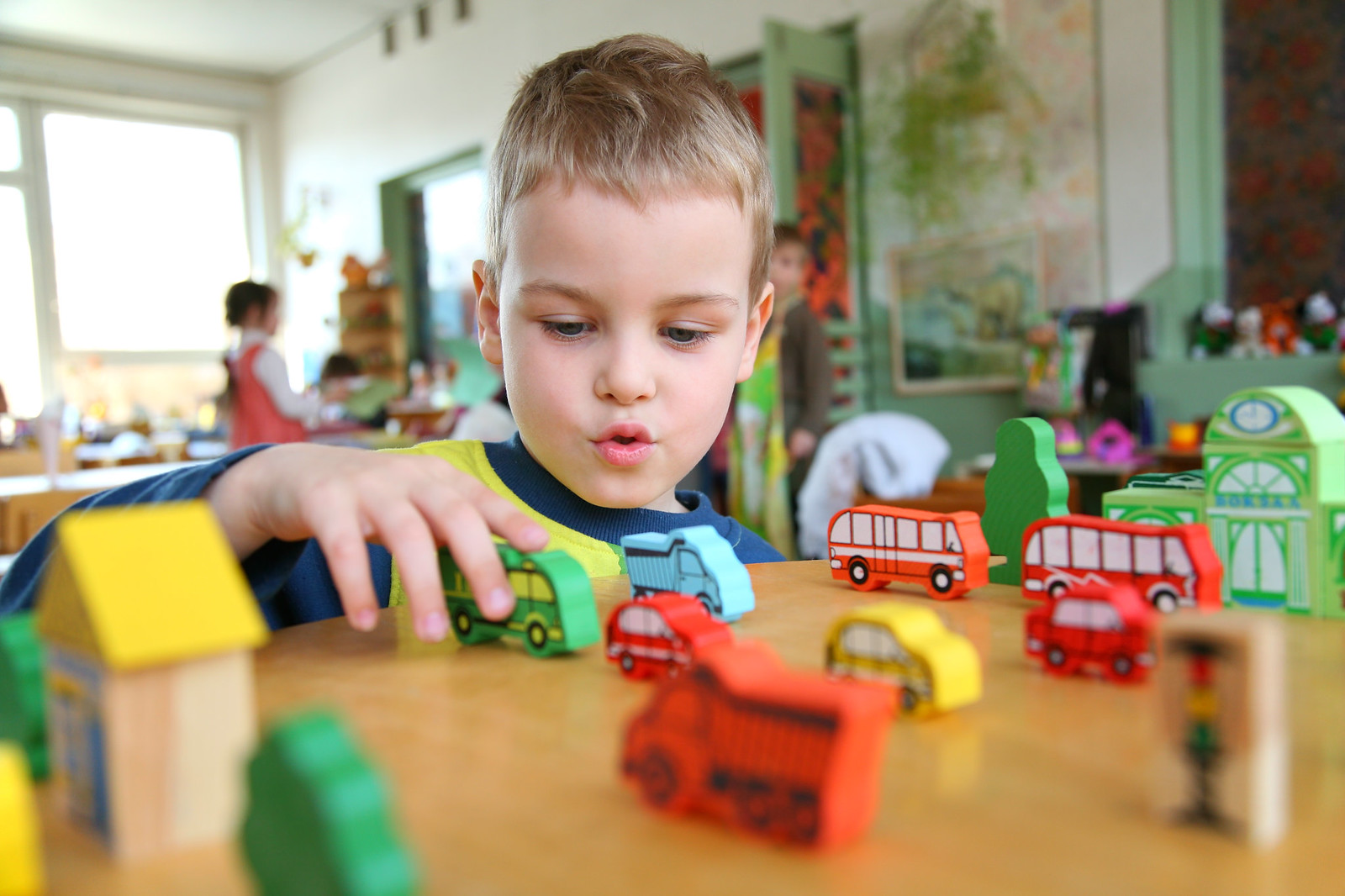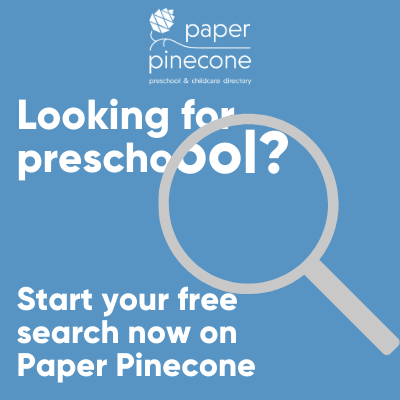What is Play-Based Learning and Will it Prepare Your Child For Kindergarten?

Published Date: 05/10/19
What is Play-Based Learning and Will it Prepare Your Child For Kindergarten?
If a preschool wants to teach the concept of buoyancy to 4-year-olds they could make handouts with a picture of a boat and talk about why that boat floats, or they could fill a tub of water, gather various objects, ask children if the objects will sink or float and why they think that way, and then drop the objects in and discuss the results.
Now, through which of those approaches do you think a 4-year-old will better retain the lesson?
The latter is play-based learning. It’s not just an industry buzzword, it’s a research-backed approach to early childhood education proven to facilitate learning. Yet, we get questions daily from parents concerned that their child won’t be adequately prepared for kindergarten after a play-based preschool.
YOU'LL ALSO ENJOY: PRESCHOOL'S BENEFITS EXTEND FOR GENERATIONS
Understanding Play
Play is defined as a range of voluntary, intrinsically motivated activities done for recreational pleasure and enjoyment.
When we consider the buoyancy experiment, is that done for recreational pleasure and enjoyment? You’ll most certainly say yes if you’ve ever found yourself elbow-deep in toilet water trying to fish out a toy your toddler tossed in.
READ NOW: SNEAKY RED FLAGS TO LOOK OUT FOR WHEN TOURING PRESCHOOLS
Learning Through Play
In a quality preschool program, learning through play won’t just be rhetoric, but will be a core tenet of their approach and a well-defined aspect of their curriculum.
That means that their lesson plans identify an objective and they’ll develop an activity to achieve that.
Learning to write is, of course, part of preschool, and children need to spend ample time practicing their letters. Can that be achieved through play? It can if they practice writing with a stick in the sandbox.
DON'T MISS: THE PROS AND CONS OF MONTESSORI PRESCHOOL
That’s not to say there is no place for a worksheet in preschool, but that shouldn’t be the primary method of teaching.
It’s also important to understand that children need ample time for unstructured play, as it’s key to their social development.
Benefits of Unstructured Play
Unstructured play is likely what you think of when you hear ‘play’ and what gives you pause as to kindergarten readiness - kids running around choosing what to do and when to do it.
ALSO READ: PLAY-BASED LEARNING AT HOME - NO PROJECTS NEEDED
But, during that unstructured time children are learning important skills, often called ‘soft skills’. These include communication, socialization, problem solving, negotiation, and leadership. We will forever argue that they’re just as critical as ‘hard skills’. When two preschoolers are fighting over whose turn it is on a swing and there’s no adult around to solve the problem, what happens? Well, often they’ll argue for a bit before deciding to take turns. Let’s examine that. Children arguing are learning what tactics work and don’t work to achieve their results – negotiation skills. They’re learning persuasion and how to win arguments (even if you don’t want them learning that). They’re learning how to coexist with other people. They’re learning how to solve the problem of two people and one swing.
Kindergarten Readiness
It’s absolutely true that kindergarten expectations have changed over the years. With the introduction of Common Core, academic standards now are significantly higher now than for previous generations. It’s important to note that increasingly high academic standards have been shown to be detrimental long-term and we’re largely against them, but we’ll save those details for another article.
Given that 80% of kindergarten teachers now expect children to be able to read by the end of the year, how does play-based preschool prepare them for that?
YOU'LL LOVE: HOW TO FOSTER INDEPENDENT PLAY AMONG TODDLERS
Well, literacy should be a part of any preschool program, but helping a child develop the social and emotional skills to enter kindergarten is what’s most important. If a child cannot follow directions, manage their emotions, or understand how to work with others, they will not succeed in kindergarten.
It’s also essential to point out studies that tell us that the youngest children in class are diagnosed with ADHD at a much higher rate than their older peers, suggesting that immaturity is often the actual issue. While some immaturity can only be overcome with time, some of it can be mitigated with a preschool program that focuses on social and emotional growth.
RELATED: THE BENEFITS OF OUTDOOR PRESCHOOL
The Bottom Line
Enrolling in a great play-based preschool will provide your child with a thirst for knowledge, an academic foundation and the social and emotional development necessary to succeed in kindergarten.
Paper Pinecone is the #1 most trusted childcare directory giving parents access to the best preschools and best daycares near you. Parents always search free and childcare providers always list free. Send inquiries about the best daycares and preschools to [email protected].
Other articles you'll like
Important Questions to Ask on a Preschool Tour
How to Pick the Perfect Preschool
4 Things to Know About Preschool Wait Lists and 3 Tips to Get Into the Preschool You Love
- stacey's blog
- Log in or register to post comments
